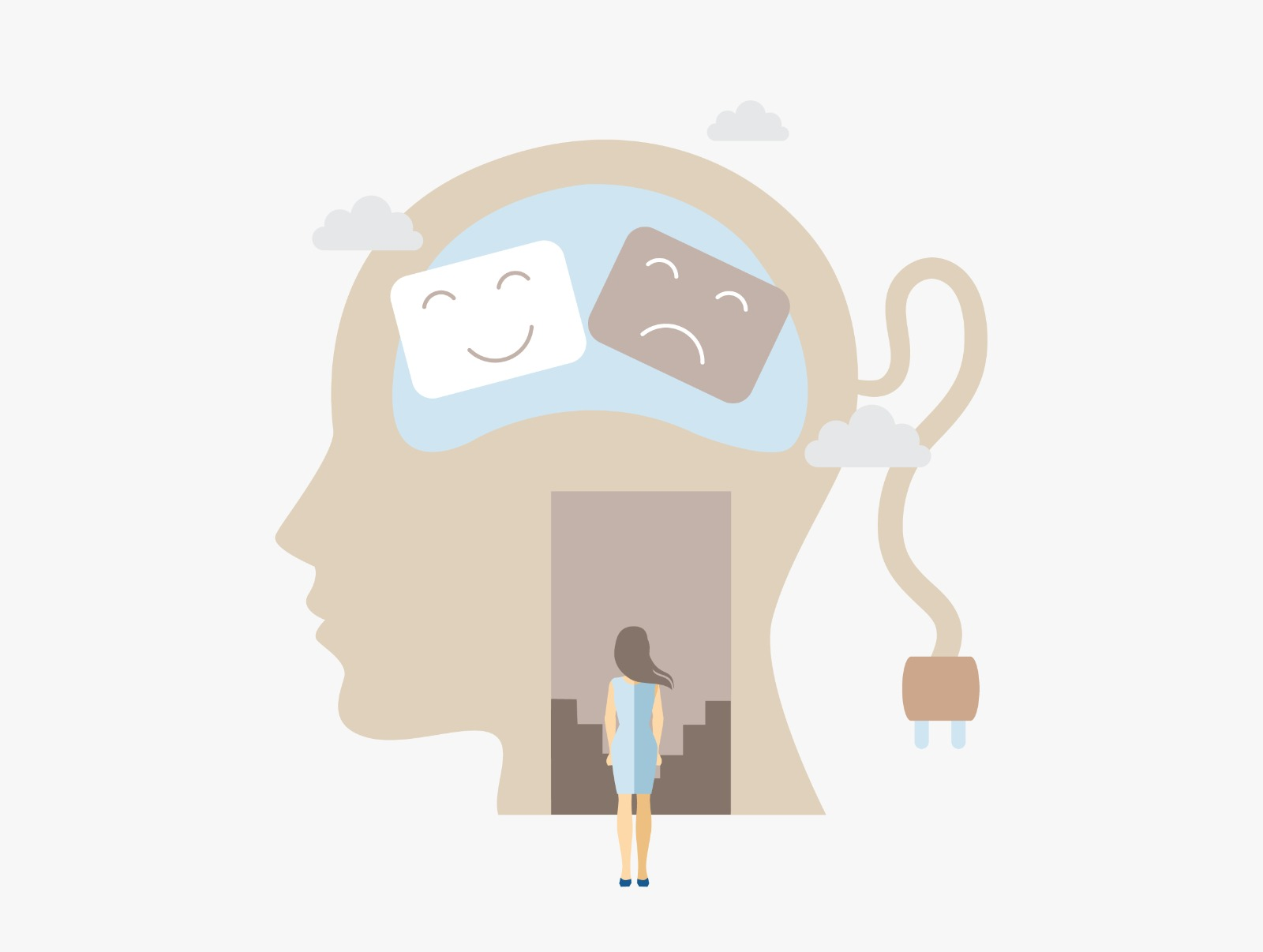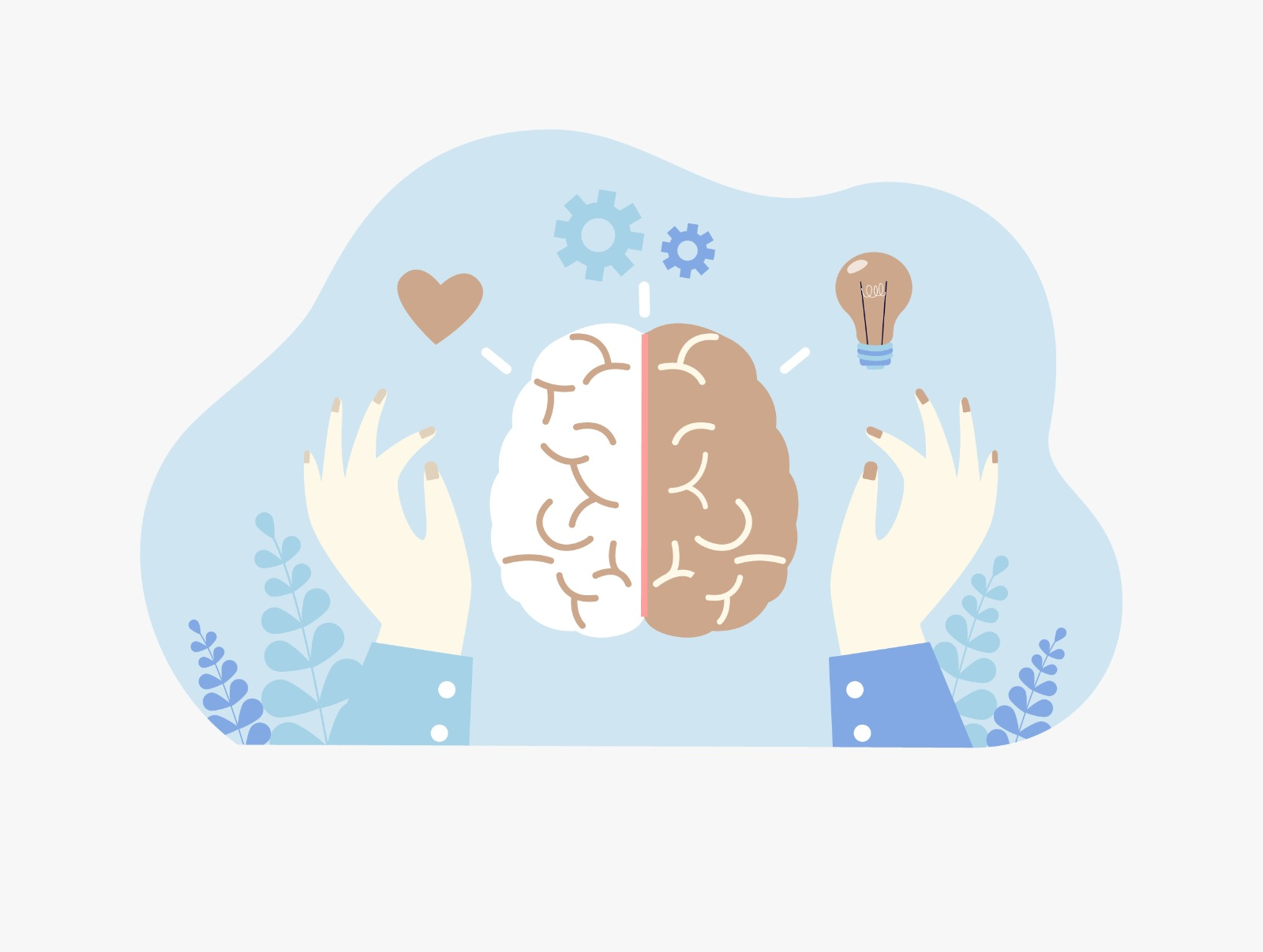Have you ever met someone at an event and within seconds, felt like you trusted them completely? Or the opposite—you couldn’t explain why but something about them just didn’t sit right?
I’ve had this happen countless times, what’s fascinating is how quickly those first feelings shape everything that follows. If I like someone I suddenly see their ideas as smarter, their work as better, their intentions as more genuine. If I don’t, I’m more critical, even if they’re saying the exact same thing.
This is what Daniel Kahneman in his book Thinking, Fast and Slow calls the Affect Heuristic—a fancy way of saying our likes and dislikes end up steering what we believe to be true.
.png)
How It Works
The affect heuristic is basically our mind taking a shortcut. Instead of analyzing all the facts, we let our feelings decide for us. Liking something makes us believe it’s safer and more beneficial; disliking it has the opposite effect.
It’s not logic… it’s emotion pretending to be logic.

Where Do You Notice It?
Think about your own life:
Do you sometimes trust people you “like” more quickly, even if you don’t really know them?
Have you ever dismissed an idea simply because you weren’t fond of the person who said it?
Do you find yourself agreeing with messages or campaigns because they come from someone you admire (messenger or “influencer” effect)?
The Affect Heuristic in Behavioral Finance
.png)
Now take this into the world of money:
When you see a company you like, do you automatically believe its stock is a safer investment?
If a bank or product is marketed in a way that appeals to you, does it feel like the “better” choice—even before you look at the numbers?
Do you feel more comfortable with certain financial products because of how they’re presented, rather than what they actually cost or return?
These questions matter because in behavioral finance, our feelings often guide our wallets more than we realize. A decision that “feels right” is not always the one that serves us best.
Turning Awareness Into Power
What if, before making a financial decision, you asked yourself: Do I believe this because of the data—or because I like how it makes me feel?
The affect heuristic is not a weakness—it’s part of being human. But when we become aware of it we gain the power to slow down, challenge our instincts, and make wiser choices.
Our feelings bring richness to life but they shouldn’t decide our financial future. So the next time something feels “obviously right” or “definitely wrong,” ask yourself: Is this my head speaking—or my heart?
.png)



